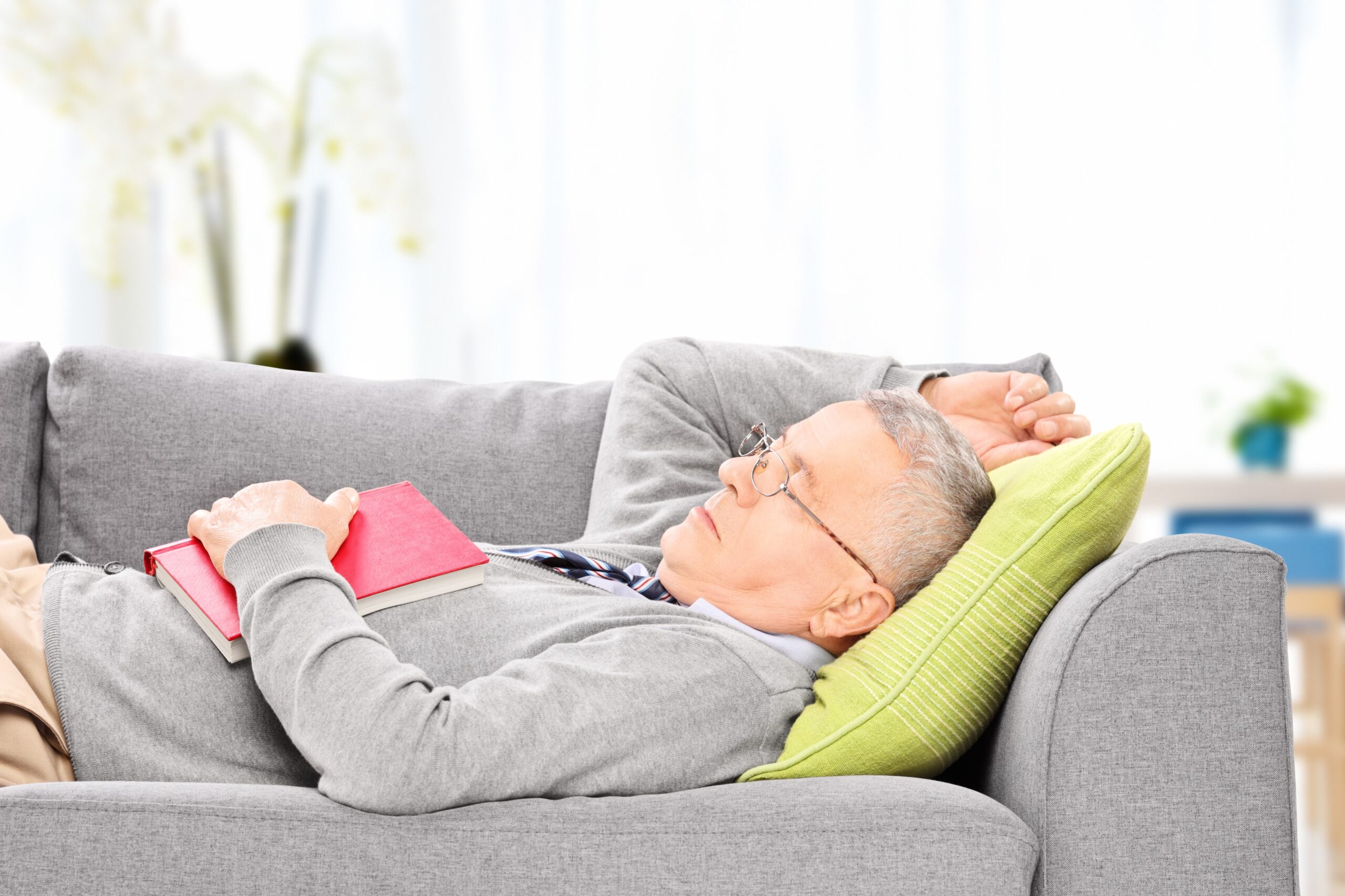Almost all comparisons showed that those who take naps are better off; 90% of nappers identified as being happy while only 79% of the non-nappers did; 89% of the napper identified as being confident while only 79% of the non-nappers did in this study conducted by OnePoll.
3 in 4 nappers reported that they considered themselves to be career driven compared to 55% of the non-nappers, and 83% of the nappers report having a healthy work to life balance while only 62% of the non-nappers reported the same.
79% of the napper consider taking naps as a hobby of sorts that recharges their internal batteries; 33% feel more relaxed after taking a nap, 19% wake up happier, and 17% reported feeling more energized after their mid day nap. But naps aren’t always all ups, the most common downside reported by about one quarter of the nappers was occasionally waking up feeling a bit confused or forgetting where they were momentarily if their naps were longer than 15 minutes in duration.
38% of the non-nappers report not doing so because they are not able to get comfortable, and another 32% report that they are worried having a nap will stop them from sleeping through the night.
Over half (55%) of all respondents said that they will be willing to take a pay cut if they were allowed to take a nap at work, which was the number one reason most people reported stopping them from being able to take a midday nap.
“Napping is no longer a sign of laziness, but it’s another tool we can use to make us more productive in life,” said a spokesperson for Mattress Nerd in a statement. “While it’s really ideal to maintain a consistent schedule of seven to nine hours of quality sleep each night, that’s not always the case. With emerging research on topics such as polyphasic sleep, we can all take a look at the science behind sleep and napping more closely to find habits that work for our lifestyles.”
In order to take a nap Americans are willing to take that extra step: 32% said that they would live with their parents for the rest of their life; 29% would give up Netflix for life; 27% would give up WiFi access for ever; 25% would give up sex for a year; 24% would live alone in the woods with no electricity for three months; 24% would give up all electronic devices for one month; and 22% would walk anywhere they needed to go for one year.
According to one study napping for longer than an hour a day can increase the risk of developing type 2 diabetes by 50% as well as increase the risk of developing cardiovascular disease by 89%, and keeping those naps to under 20-30 minutes is ideal.
“Contrary to the opinion that napping makes you a lazy person, our survey results revealed that self-identified nappers share many positive attributes,” the authors of the new report wrote. “In fact, the results indicate that napping may be the key to becoming a more productive person, as nappers were more likely than non-nappers to identify as a productive person by a large percentage.”
“Some people say a nap is exactly what they need to feel refreshed and ready to go on with their days. Others argue that a nap makes them more groggy and ready to go back to bed,” the authors continued. “Our survey showed that overall naps are making more people feel good than groggy. The top reported post-nap feelings were relaxed, happy, and energized!”
#NapIsLife




